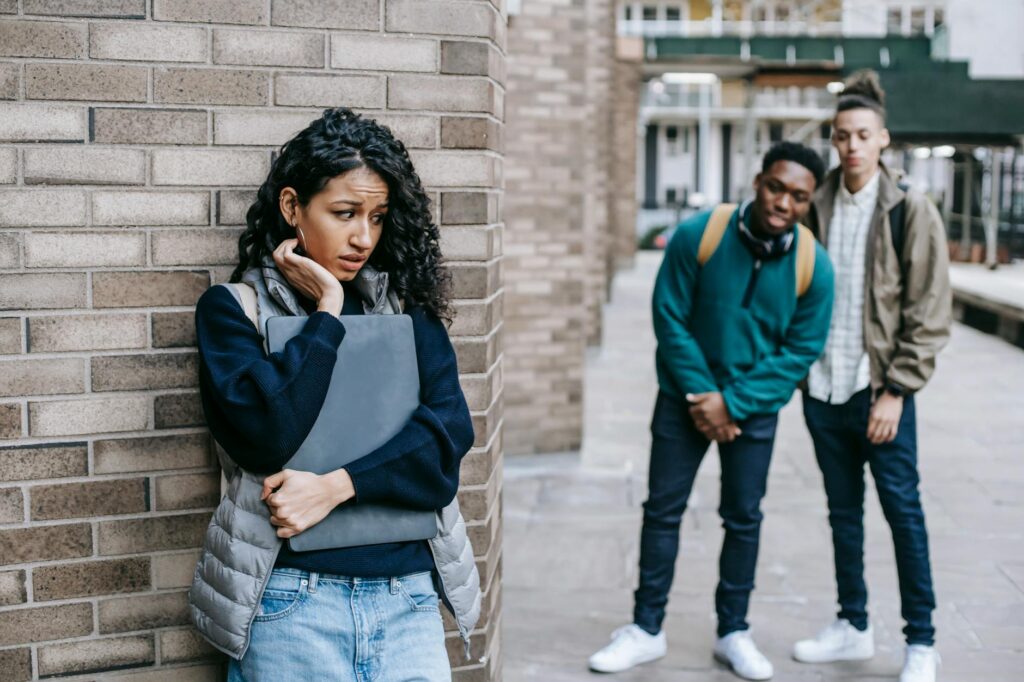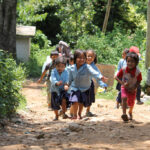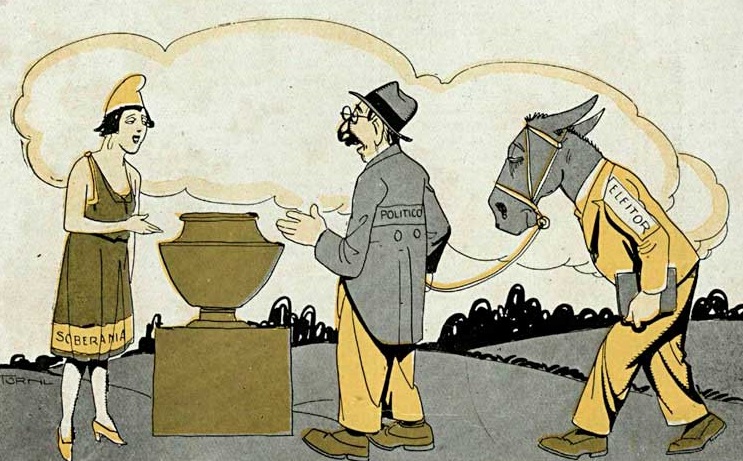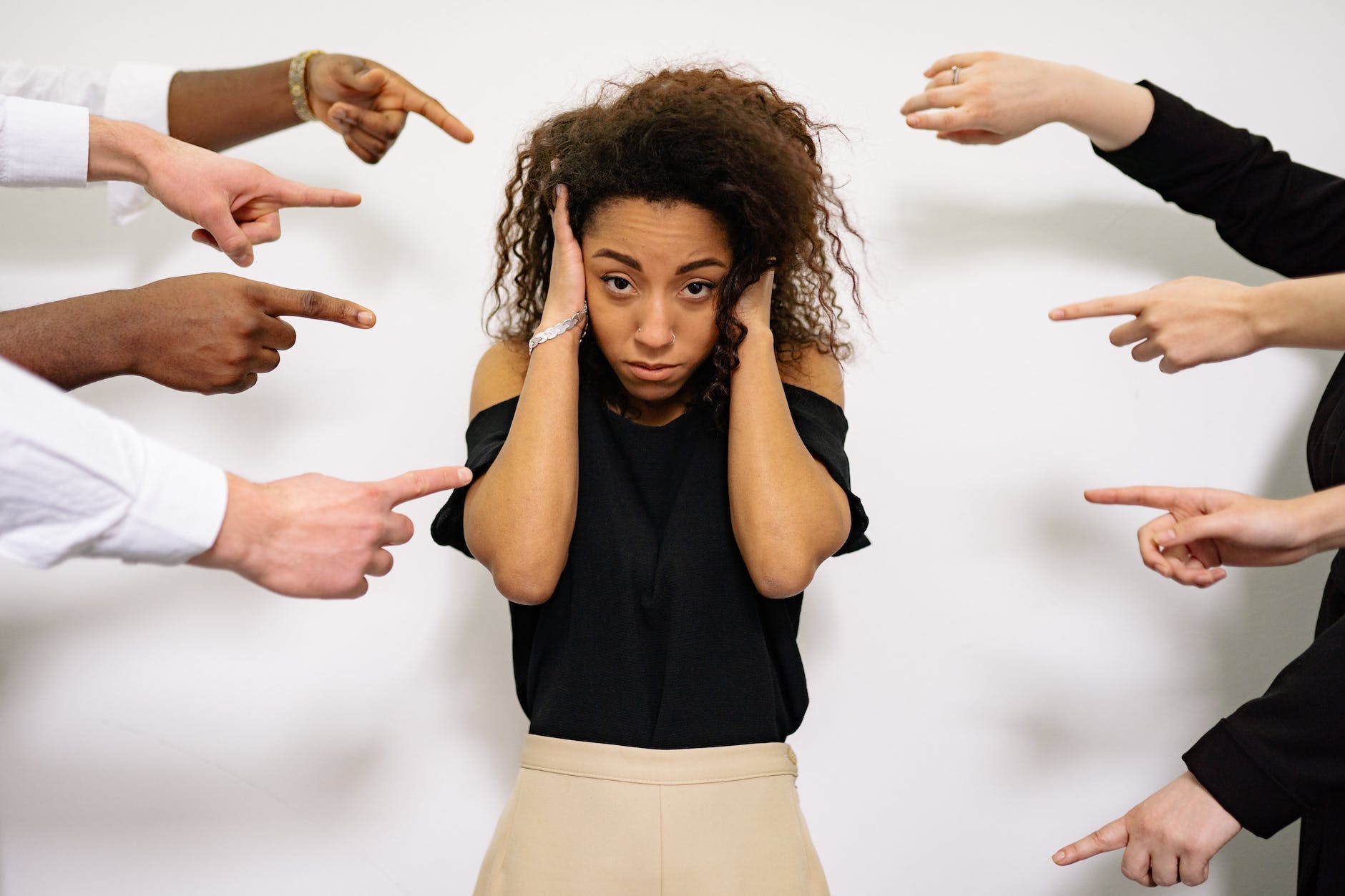Bullying is a form of violence that affects millions of children, young people and adults around the world. It consists of intentional and repetitive acts of physical, verbal or psychological aggression carried out by a person or group against someone who feels unable to defend themselves. Bullying can cause physical, emotional, social and academic harm to victims, in addition to violating their rights and freedoms.
What to do to prevent bullying?
Preventing bullying is everyone's responsibility: parents, educators, students, community and society. Some measures that can help prevent or reduce bullying are:
- Talk to children and young people about what bullying is, its consequences and how to face it safely. It is necessary to clarify that this type of practice is unacceptable and that victims should seek help from a trusted adult.
- Stimulate self-esteem, empathy, respect and solidarity among children and young people. Value individual and cultural differences and promote peaceful and democratic coexistence.
- Observe and monitor the behaviors of children and young people, both at school and outside of school. Identify possible cases of bullying and intervene quickly and appropriately, applying the disciplinary measures provided for in the school regulations or code of conduct.
- Involve the entire school community in the development and implementation of a project to prevent and combat bullying. Create a management committee, carry out diagnoses, define goals, actions and indicators, disseminate results and evaluate the impact of interventions.
- Offer psychological support to victims, aggressors and witnesses of bullying. Guide families on how to deal with the situation and refer the most serious cases to specialized services.
What to do to combat bullying?
When bullying is already occurring, it is essential that victims, witnesses and aggressors receive adequate guidance and support. Some tips for dealing with bullying are:
- Do not react with violence or aggression. This can worsen the situation and put the victim's physical integrity at risk.
- Do not isolate yourself or remain silent. Seek support from friends, family, teachers or other adults who can help resolve the problem.
- Report bullying to the school management or other competent authority. Record evidence of bullying, such as messages, photos, videos or marks of aggression.
- Ignore or avoid bullies. Maintain a firm and confident posture, without showing fear or insecurity.
- Participate in activities that increase self-confidence, self-esteem and sociability. Playing sports, hobbies, arts or volunteering are examples of activities that can improve the physical and emotional well-being of victims.
Conclusion
Bullying is a serious problem that needs to be addressed urgently by all segments of society. It can have negative consequences for the personal, social and academic development of victims, aggressors and witnesses. Therefore, it is essential that there is collective awareness about the seriousness of the phenomenon and mobilization to prevent and combat it.
FAQ
- What is cyberbullying?
It is bullying practiced through digital technologies, such as cell phones, computers or social networks. It may involve insults, threats, blackmail, exposure or defamation of the victim on the internet. - What are the types of bullying?
Bullying can be classified into different types, according to the form of aggression: physical (pushing, kicking, punching), verbal (swearing, nicknames, insults), moral (slander, gossip, humiliation), sexual (harassment, abuse, insinuations), material (theft, destruction, extortion) or virtual (cyberbullying). - What are the causes of bullying?
There is no single cause for bullying, but rather a combination of individual, family, school and social factors that can influence the behavior of those involved. Some of these factors are: low self-esteem, difficulty in relationships, lack of limits, domestic violence, prejudice, discrimination, inequality, competitiveness, etc. - What are the consequences of bullying?
Bullying can affect the physical and mental health of victims, aggressors and witnesses. Some of the possible consequences are: low academic performance, school dropout, depression, anxiety, stress, social isolation, low self-esteem, self-mutilation, suicide, aggression, delinquency, etc. - How to help someone who is being bullied?
If you know of someone who is being bullied, you can help in several ways: offering emotional support and friendship, listening and welcoming the victim, encouraging them to seek professional help, reporting the bullying to the responsible authorities, not sharing or encouraging offensive content or violent people on the internet, etc.
References
We recommend the following links:
- The report from CNN Brazil discusses the impact of bullying on both the victim and the aggressor 1.
- O SciELO published an article about bullying in Brazilian teenagers and how this is a challenge for public health 2.
- O G1 reported on a 14-year-old girl who was a victim of bullying and physical aggression inside the municipal school Alice Canellas da Silveira, in Iguaba Grande, in the Lagos Region 3.
- A BBC News Brazil published a report on what makes some children bully others heavily 4.





